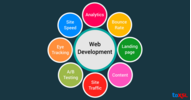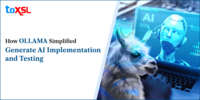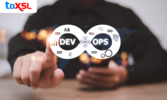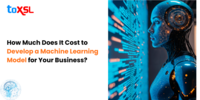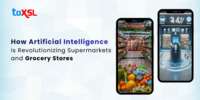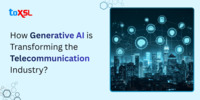- Nov 20, 2025
Share this post on:
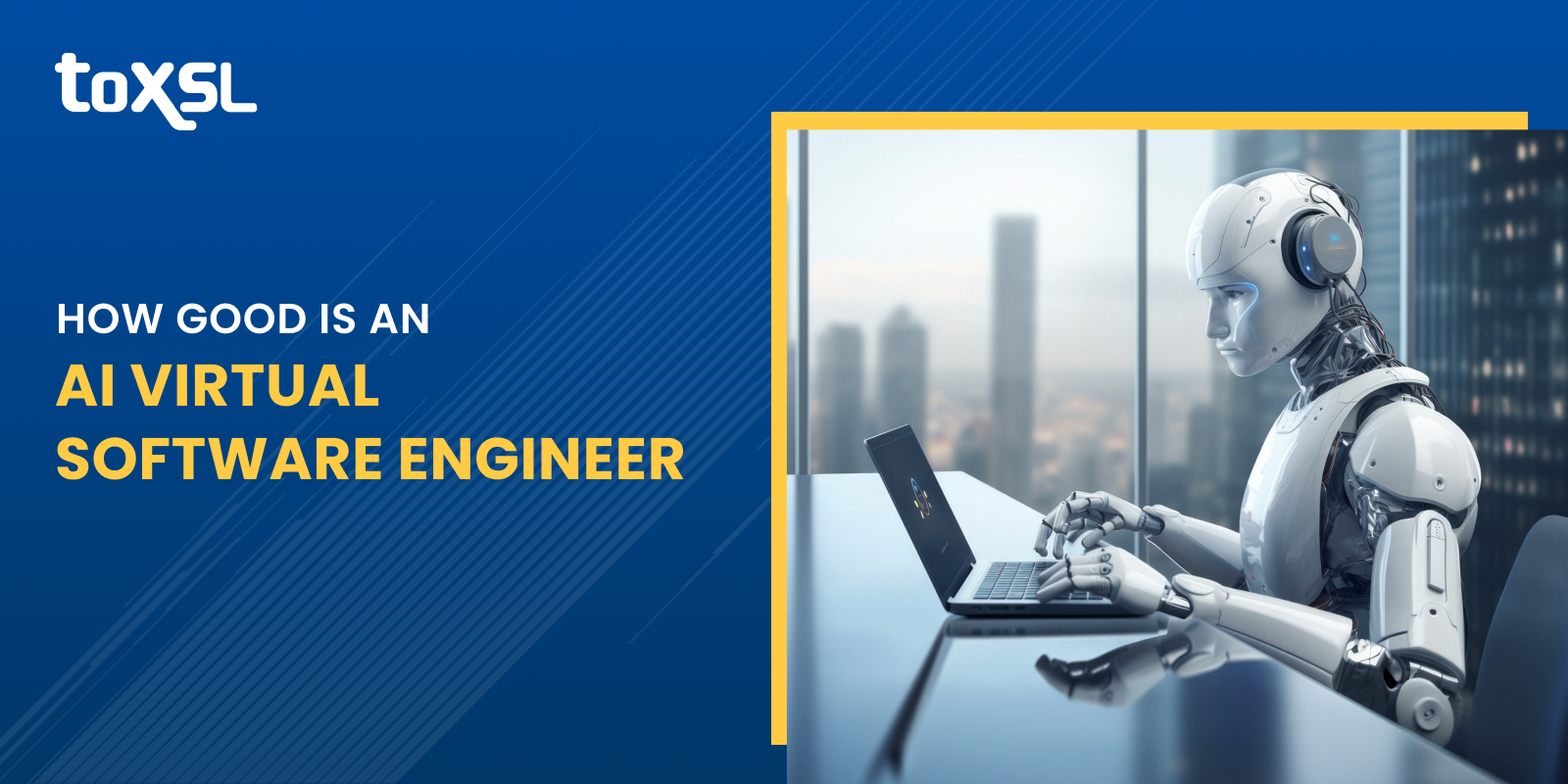
The AI industry is changing the ways software engineering works. According to Pluralsight, 74% of software developers are planning to upskill in AI-assisted coding. Amid the increasing rise of AI-assisted software development, the report also reveals that 45% of developers perceive a threat to the value of their current skill sets. With the AI revolution, many questions arise, such as:
How can AI-powered virtual software engineers transform industries?
What are the challenges for AI virtual software engineers?
Is there any limitation for AI virtual software engineers?
How good is an AI virtual software engineer?
Let's dive deeper into the article and learn more about AI virtual software engineers. In the realm of software development, a few innovations have emerged:
These AI virtual software engineers are reshaping the landscape of coding and engineering. While all strive to revolutionize software development, they adopt distinct methodologies. Let us explore their features and potential impact on the developer community.
Devin AI: The AI Software Engineer
Devin – the world’s first AI software engineer that can write, debug, and deploy code to develop functioning websites and videos. It is an AI virtual software engineer designed to revolutionize software development through collaboration with human engineers. Created by Cognition, led by Scott Wu, Devin represents a significant leap in AI’s role in software development, promising enhanced productivity and innovation through its unique capabilities.
Key attributes of Devin AI
Let us dive deep into the blog and learn about the key attributes of Devin AI:
1. Advanced Code Generation
• Devin uses large language models (LLMs), including GPT-3.5, GPT-4, and Claude 3 to develop code.
• Streamlines development by writing code in numerous programming languages.
2. Natural Language Interaction
• Devin engages in communication with developers through a chat interface.
• Comprehends high-level instructions and converts them into actionable tasks.
3. Project Management
• Devin enhances collaboration by organizing tasks within projects.
• Effective progress tracking and workflow management are possible for developers.
Devika AI: An Open-Source AI Software Engineer
Devika - an advanced AI software engineer who can comprehend complex human instructions, break them down into manageable steps and develop code to accomplish the specified goal. Devika is an Agentic AI software engineer who intelligently develops software by using large language models (LLMs), planning and reasoning algorithms, and web browsing capabilities.
Key Attributes of Devika AI
Let us dive deep into the blog and learn about the key attributes of Devika AI:
1. Agentic AI Software Engineer
• Devika comprehends human instructions, dissects them into actionable steps, and engages in independent research.
• Capable of autonomously generating code to accomplish predefined objectives.
2. Dynamic Agent State Tracking
• Devika adapts contextually while maintaining an internal state.
• Transparency is enhanced by visualizing its thought process.
3. Web Browsing and Information Gathering
• Devika adeptly surfs the internet, gathering data and insights.
• Programmers can depend on it for tasks that require extensive research.
4. Contextual Keyword Extraction
• Devika ensures focused research by extracting relevant keywords from instructions.
• The quality of information gathered is enhanced by its context-awareness.
OpenDevin: an autonomous AI software engineer
OpenDevin AI sets itself apart as an open-source alternative, offering flexibility and customization options to developers. Built on a collaborative framework, OpenDevin AI encourages community contributions and fosters innovation in AI software engineering. With a diverse range of modules and plugins, developers can tailor OpenDevin AI to suit specific project requirements.
Key features of OpenDevin AI:
Community Support: OpenDevin AI benefits from a vibrant community of developers, who contribute code, share insights, and address issues collaboratively.
Customizability: Developers have the freedom to modify and extend OpenDevin AI's functionality according to project needs, enabling greater adaptability and innovation.
Transparency: Being open-source, OpenDevin AI offers transparency in its algorithms and methodologies, fostering trust and accountability among users.
Comparing Devin AI, Devika AI, and OpenDevin AI
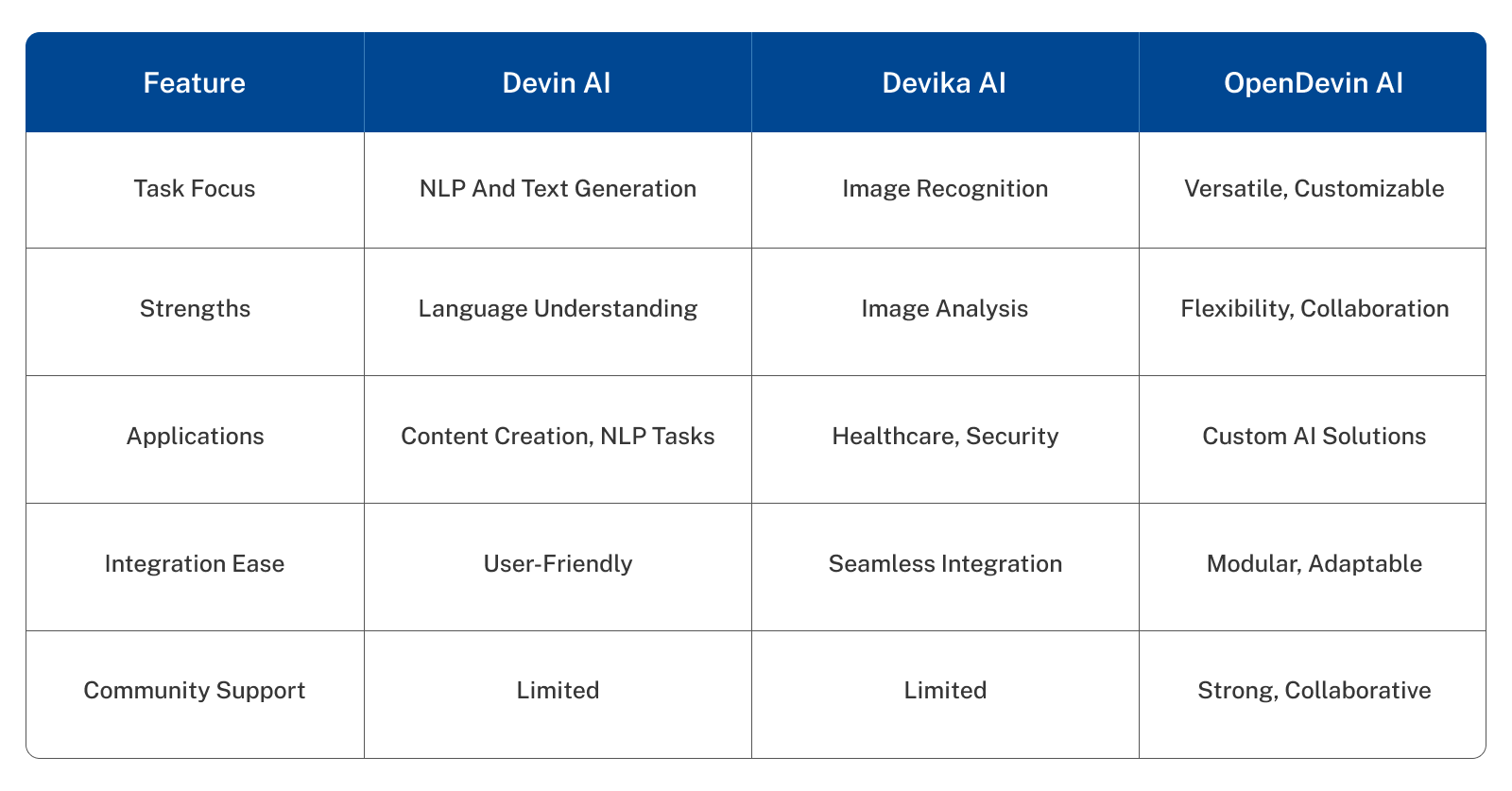
Even though an AI software engineer excels in advanced code generation and robust project organization, but, the question remains - how good is an AI Virtual software engineer? Will it be able to replace the jobs of software engineers? What potential does an AI virtual software engineer hold? If it is a machine, then there must be a few limitations associated with it; What are those? If you want to know the answers to all these questions, continue reading the blog. Let us now explore the limits and potential of AI technology in software engineering.
How Good is an AI Virtual Software Engineer
Artificial Intelligence (AI) virtual software engineers, like Devin, Devika, and OpenDevin represent a significant advancement in the field of software engineering. These AI-powered virtual engineers are designed to handle coding, testing, deployment, and even learning and adapting autonomously. They can work alongside human engineers to enhance productivity and efficiency in software development tasks. Let’s delve into the capabilities and impact of AI virtual software engineers like Devin. As these AI tools become more integrated into development workflows, many learners explore them alongside traditional concepts covered in software engineering courses to better understand how human and AI-driven engineering can complement each other.
Advantages of AI Virtual Software Engineers
AI virtual software engineers offer a range of advantages that can positively impact the software development lifecycle. Here are some key benefits:
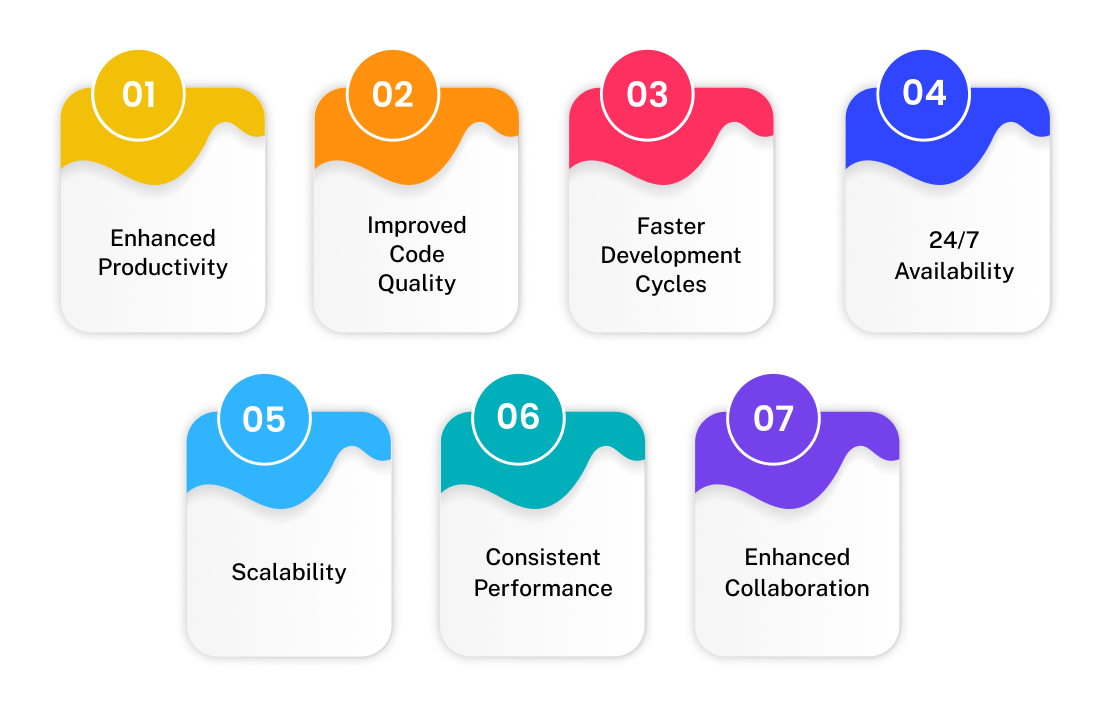
1. Enhanced Productivity: AI virtual software engineers can automate repetitive tasks, allowing human developers to focus on more complex and creative aspects of software development. This automation leads to increased productivity and faster delivery of projects.
2. Improved Code Quality: By analyzing vast amounts of code and identifying patterns, AI virtual software engineers can help improve the overall quality of code produced. They can detect potential bugs, suggest optimizations, and ensure adherence to best practices.
3. Faster Development Cycles: With the assistance of AI virtual software engineers, development cycles can be accelerated. Tasks such as code generation, testing, and deployment can be streamlined, leading to quicker turnaround times for projects.
4. 24/7 Availability: Unlike human developers who have limitations in terms of working hours, AI virtual software engineers can work round the clock without fatigue. This ensures continuous progress on projects and timely responses to issues.
5. Scalability: AI virtual software engineers can easily scale their capabilities based on project requirements. Whether it’s handling multiple tasks simultaneously or adapting to changing project needs, these virtual assistants offer scalability that human resources may struggle to match.
6. Consistent Performance: AI virtual software engineers deliver consistent performance without being affected by factors like mood swings or external distractions. This reliability ensures steady progress in development tasks.
7. Enhanced Collaboration: AI virtual software engineers can facilitate enhanced collaboration within development teams. By integrating seamlessly with existing tools and workflows, these virtual entities can assist team members in real time, providing insights, suggestions, and automated support. This collaborative approach fosters a dynamic environment where human developers and AI work together synergistically to achieve common goals.
Limitations of AI Software Engineers
Artificial Intelligence (AI) has undoubtedly made significant strides in various industries, including software development. The concept of AI virtual software engineers, AI systems designed to assist or even replace human software engineers, has garnered attention. However, despite their potential benefits, AI virtual software engineers also come with limitations that need to be considered.
1. Limited Understanding of Context
One major limitation of AI virtual software engineers is their limited understanding of context. These systems often struggle to grasp the nuances and subtleties of human language and communication. While they can analyze vast amounts of text data and identify patterns, they may falter when it comes to understanding sarcasm, irony, idiomatic expressions, or cultural references. This lack of contextual understanding can lead to errors or unexpected behavior in tasks such as natural language processing and conversation.
2. Lack of Common Sense Reasoning
Another significant limitation is the lack of common sense reasoning in AI virtual software engineers. These systems rely heavily on the data they have been trained on and may struggle to apply knowledge flexibly to new situations. For example, an AI system trained to recognize objects in images may fail when encountering unfamiliar objects that were not part of its training data. This rigidity in applying knowledge can hinder their performance in problem-solving and decision-making tasks.
3. Bias
Bias is a critical limitation associated with AI virtual software engineers. These systems can inadvertently perpetuate or amplify existing biases present in the data they are trained on. Biases can arise from various sources such as human error, sampling bias, or historical factors. If an AI system is trained on biased datasets, it may produce inaccurate or discriminatory outcomes. This bias can manifest in decision-making processes like hiring, lending, or sentencing, potentially leading to unfair practices.
Future Outlook of AI Software Engineer
The future outlook for AI virtual software engineers is promising. As AI continues to evolve and improve its capabilities through machine learning and advanced algorithms, it will likely play an increasingly integral role in the software development process. The collaboration between human engineers and AI tools like Devin is expected to drive further innovation and efficiency in the industry.
How can ToXSL Technologies help you enhance your business?
In conclusion, AI virtual software engineers such as Devin bring a wealth of benefits and challenges to the table. The ability of AI software engineers to learn, adapt, and collaborate with human counterparts positions them as valuable assets in shaping the future of the industry, but they have a long way to go. Well, if you are looking to unlock the potential of your business with the help of Artificial Intelligence, look no further than ToXSL Technologies – a leading mobile & web app development company. We have a team of seasoned developers who are well-versed in AI and have helped numerous businesses worldwide with our generative AI services. Feel free to contact us to learn more about how ToXSL Technologies is the best mobile app development partner for businesses worldwide.






